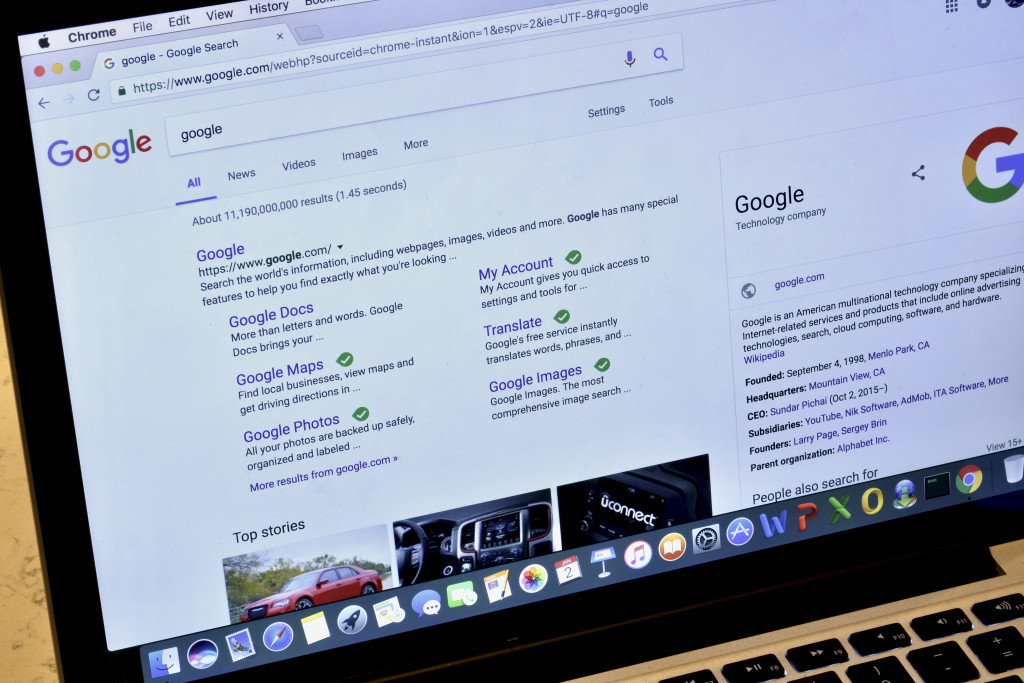A lot of employees will find any number of things to complain about when it comes to their jobs. Disagreements with colleagues or managers, long hours spent in the office, excessive stress levels, or a lack of meaningful work may all be on the list of complaints you’ve heard frequently. Yet leaving a job and going without work for an extended period of time can also present a challenge. This is somewhat different from being declared legally unfit to work; individuals filing disability claims will have to navigate lengthy legal procedures – it takes 18-20 months to get a hearing scheduled in Utah, for example. But disabled former workers receive social support; whereas individuals who are fit to work yet struggle to find new employment may face additional problems such as losing confidence or their sense of purpose.
Maintain a positive attitude
People may be out of work for different reasons. You may know someone who got fired, or others who left for personal reasons, got fed up with their former jobs, and so on. Negative emotions can linger; these people may be very selective about looking for new work because they want to avoid encountering the same problems as before. Not only could this prevent them from finding any new employment – it might factor into a downward spiral of negativity and lead to depression. A positive mindset helps job seekers bounce back from setbacks. With each rejection, instead of dwelling on feelings of failure, focusing on what can be learned and how to improve will help to increase the chances of getting hired next time.
 Continue personal development
Continue personal development
Have you ever felt that it’s impossible to pursue personal interests while working a full-time job? Surprisingly, many people who are adjusting to unemployment don’t actually maximize their available time as an opportunity to pursue further development or passion projects. Not every minute is spent scouting new job offers; rather than waiting with anxiety for an email response to that latest application, job seekers can spend their free time being productive. Useful new skills such as programming can be learned with 1-3 months of daily practice; the same time can also be spent developing fluency in a second language, for instance. Picking up valuable skills can open up new opportunities, fuel positivity, and fill in the gaps in a resume, demonstrating to prospective employers that time spent without work was not being wasted or idle.
Find ways to be useful
For anyone who has felt dissatisfied with their job due to a lack of meaning or fulfilling tasks, the bad news is that becoming unemployed doesn’t change anything in that respect. The good news is that more free time also gives us plenty of opportunities to be of service. If you’ve wanted to volunteer for community initiatives, even though you don’t get paid for your efforts, such work helps maintain a sense of purpose and fulfilment by being able to effect positive change in a small way. Volunteering can also open doors via networking, and might just lead to finding one’s true calling and a better career path.
Taking a break from work can relieve stress and give any worker a chance to take stock and focus on what they truly want. Using these best practices, it’s possible to maximize the benefits of this period and stay productive while avoiding being unemployed for longer than necessary – and all the challenges associated with that scenario.







